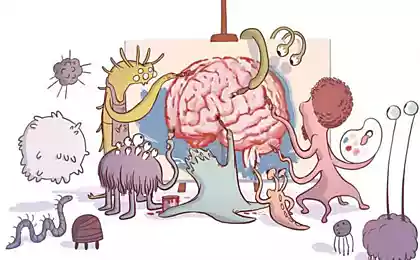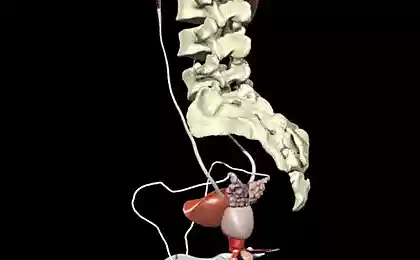200
How to deal with anxiety in the face of global change

In a world where change happens quickly and unexpectedly, anxiety becomes a normal response to global events. Global change can include economic, environmental, political and technological challenges that affect each of us. It is important to understand that there are methods that help to cope with these challenges while maintaining inner peace.

What is anxiety and how it affects us
Anxiety is a natural reaction of our body to stressful situations. It can manifest itself in the form of anxiety, irritability, difficulty concentrating, and even physical symptoms such as heart palpitations. In the face of global change, when uncertainty is growing, our anxiety may increase.
Effective ways to deal with anxiety
There are many techniques that help reduce anxiety. Here are some of them:
- Mindfulness practice. Meditation and deep breathing help to regain attention in the present moment, reduce tension.
- Physical activity. Regular exercise improves mood and reduces stress.
- Social support. Talking to loved ones helps to cope with feelings of loneliness and anxiety.
- Keeping a diary. Writing down thoughts and experiences helps you structure emotions and understand your reactions to events.
When you should contact a specialist
If anxiety becomes so strong that it interferes with normal functioning, you should seek help from a psychologist or psychotherapist. The specialist will help to understand the causes of anxiety and offer individual methods of dealing with it.
Coping with anxiety in the face of global change is an important skill that helps to maintain not only psychological, but also physical health. With the right approach, you can learn to effectively manage your condition and remain calm in any life situations.
The Psychology of Sleep: How New Research Is Changing Our Views on Rest
Transition to distance learning: how to adapt to new realities























